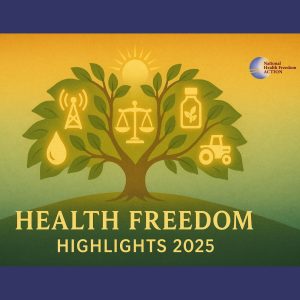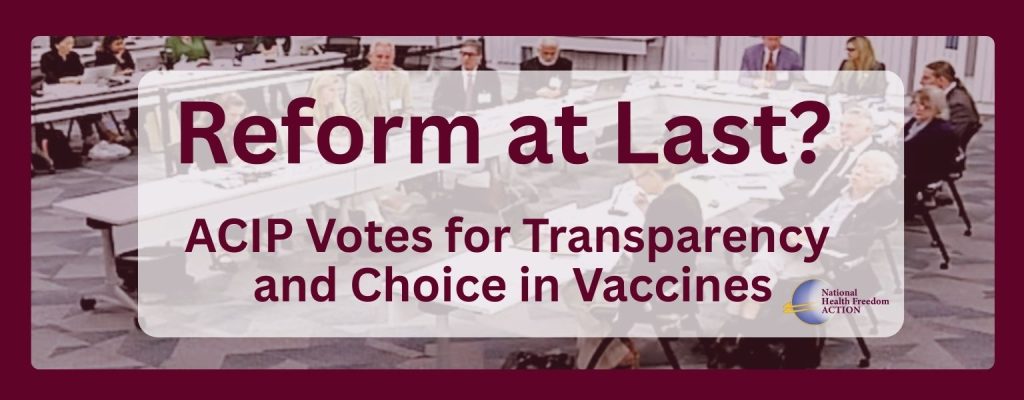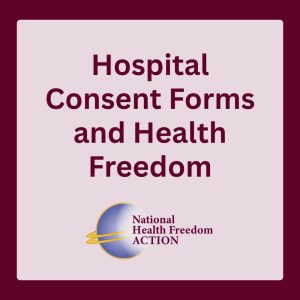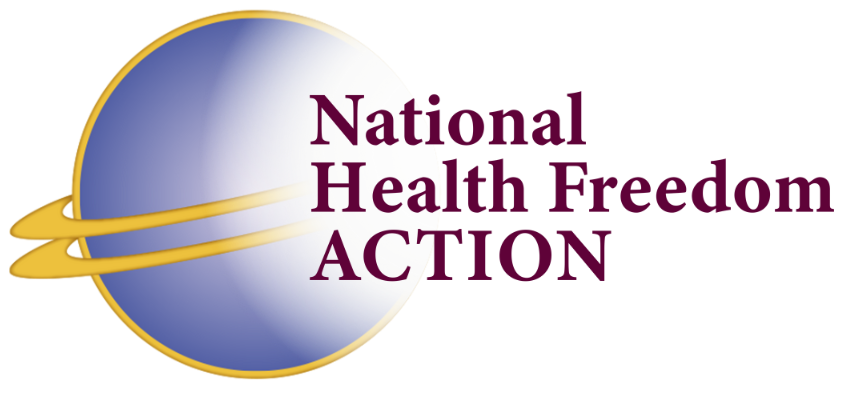

HHS Secretary RFK Jr. promised us reform in US public health policy, and the results of the September 18 and 19 meeting of the CDC’s Advisory Committee on Immunization Practices (ACIP) are a sign that long-needed reform is possible. Prior to this meeting the 17 pre-existing committee members, many of whom had conflicts of interest, were replaced with a team with varied views about the complex issues around vaccine efficacy and safety.
ACIP’s Role; CDC in flux
ACIP has existed since 1964, and its influence has grown beyond being “advisory,” since in the past CDC almost always approved its recommendations. These recommendations can impact the CDC’s immunization schedule, trigger automatic insurance coverage, and govern what is funded by the Vaccines for Children (VFC) program. This process makes ACIP one of the most powerful public health players in the nation. At the same time, there is currently no CDC director in place.
Depending on who is selected for that role, the agency may or may not continue its deference to ACIP’s recommendations. ACIP is not officially part of the CDC but instead is an advisory body to the agency. Traditionally ACIP’s recommendation would effectively end up as mandates, such as for K-12 vaccines decided at the state level. To further complicate things, many states have moved or are moving to decouple their vaccine schedules from the CDC and rely on private groups like the American Academy of Pediatrics or state health boards in its place.
Overstatement of COVID-19 vaccine efficacy
At the opening of the meeting, new ACIP Chair Martim Kulldorff set out some of the background of how and why trust in vaccines in the USA is at a historical low. He noted that early claims by public health officials that the COVID-19 vaccines would protect against both infection and transmission turned out to be wrong. Kulldorff offered that these overstatements, combined with mandates, decreased public trust, and he laid out a goal of restoring integrity in our national vaccine programs.
Overview of the issues for ACIP meeting
Some of the major issues taken up were the MMR (measles, mumps, rubella) and MMRV (measles, mumps, rubella, and varicella) vaccines for toddlers, the policy of giving a hepatitis B vaccine at birth, and several issues about COVID-19 vaccine policy. More so than at prior meetings, the members openly debated contested issues. These included the risk of vaccine injury and the importance of individual choice. And informed consent was another strong focus. All the proposals which the ACIP considered are here.
COVID-19 vaccine no longer has universal recommendation
By a vote of twelve to zero, the panel ended the current universal recommendation to get COVID-19 vaccines for those six months and older. Instead, ACIP reclassified the COVID-19 vaccines so that, if they are to be used, it should be based on “shared decision-making.” Instead of doctors saying “you need this vaccine” to everyone, the decision would be decided on an individual case-by-case basis. And this shared decision should consider uncertainties about effectiveness and the risk of vaccine injury, as well as possible benefits.
COVID-19 vaccine injuries and effectiveness
By eleven to one, the panel recommended that CDC robustly strengthen language about at least six major issues around the safety and effectiveness of the COVID-19 vaccines in their Vaccine Information Statements. These include the “low quality” evidence that they work, the danger of “boosters” harming the immune system, documented deaths from myocarditis, the persistence of spike proteins, the lack of adequate testing for pregnant women, and more. (See page 34 of the ACIP presentation, “COVID-19 Vaccine Discussion Framing, 2025-2026.”)
The MMR v. MMRV debate
The first day’s session began with discussion of the MMRV vaccine. Several members were worried about evidence showing a higher risk of febrile (high fever) seizures when toddlers received this combination vaccine, versus giving the MMR and the varicella vaccines separately. After debate, the panel voted eight in favor, three opposed, and one abstention to end the prior recommendation for the combined four-vaccine MMRV in children under four.
Hepatitis B vaccine “birth dose’ decision deferred
The panel also took up the current recommendation for a hepatitis B vaccine on the first day of life. The proposal was to delay this until at least one month of age for infants whose mothers had tested negative for the virus. Proponents argued that healthy newborns should not be treated as high-risk, pointing to maternal screening for this virus. All ACIP members except for Dr. Kulldorff ended up voting to delay any decision about this vaccine until the Committee has its next meeting.
The current recommendation of a “birth dose” makes no sense when a mother tests negative for this virus. Especially since it is spread by certain sexual activities and intravenous drug use, neither of which a newborn or a month-old baby is going to participate in. The fact that even the “baby step” of delaying vaccination for a month did not pass is disappointing.
A Step toward informed consent and reform
All in all, the September meeting showed that the issues of choice and the risk of vaccine injury are no longer taboo inside the ACIP. By voting to end the recommendation that everyone get the COVID-19 vaccine, to strengthen CDC’s statements about the risks of these vaccines, and to remove its recommendation for the combined MMRV vaccine, this ACIP showed that it was more independent from Big Pharma than in the past. On balance, it appears that we are seeing the beginning of real reform at the ACIP; depending on its next director, we hope that the CDC itself will follow this path.
Sources:
ACIP meeting September 18.
ACIP meeting September 19.
“CDC advisory panel recommends keeping COVID-19 vaccine prescription-free,” CBS News September 19, 2025.
RECENT NEWS


Hospital Consent Forms and Health Freedom
December 4, 2025


Blessings to all of our supporters and Happy Thanksgiving!
November 26, 2025
